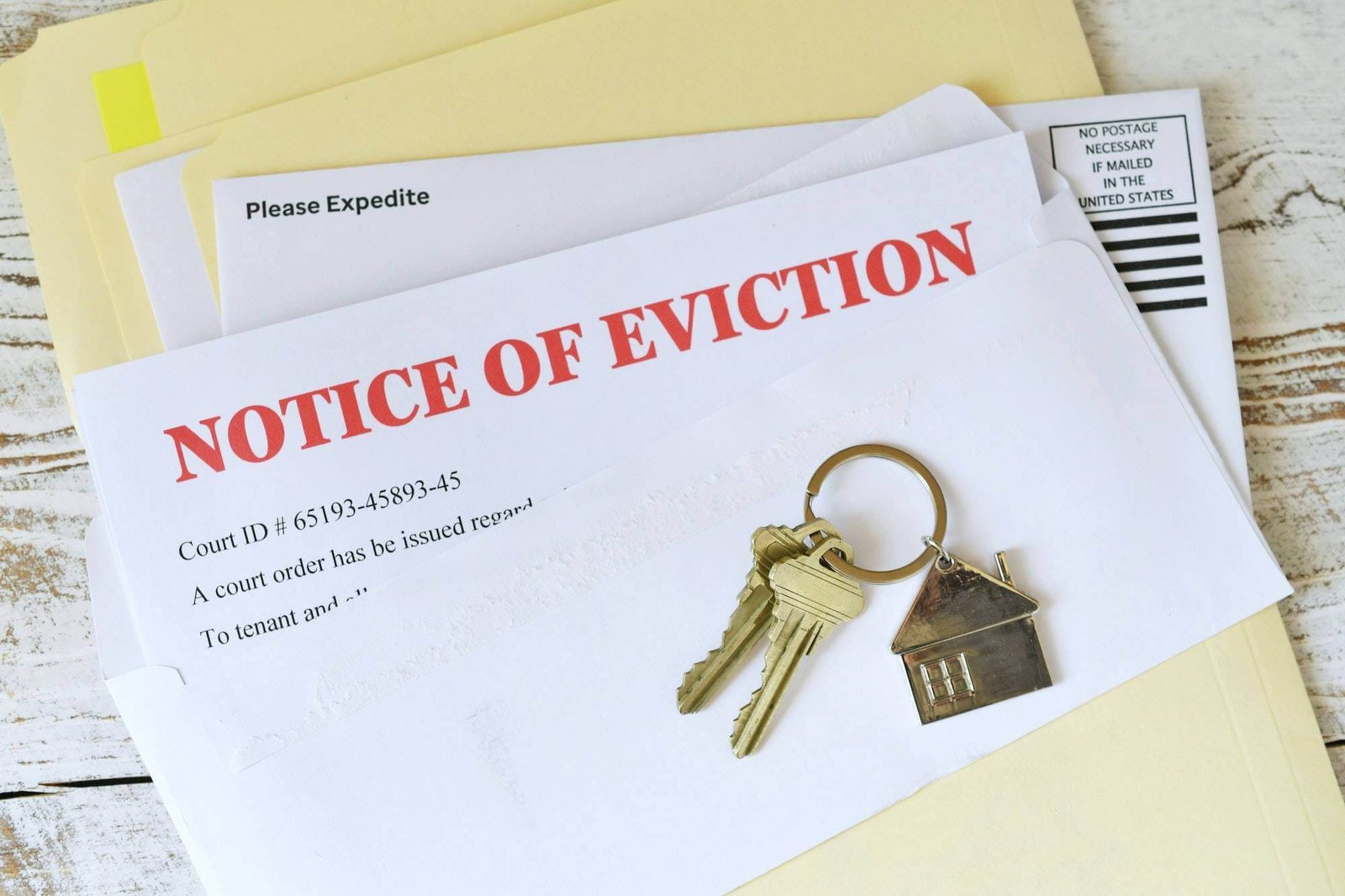Surprising Secrets of South Carolina’s Closing Costs
Surprising Insights into South Carolina’s Closing Costs
Closing costs are an essential part of real estate transactions, and South Carolina is no different. These fees, paid to various parties involved in the transaction, are necessary to finalize the deal and transfer ownership. It’s important to note that closing costs are separate from the property’s net amount and cover charges such as documentation fees and transfer taxes.
The negotiability of these costs depends on the current market conditions. In South Carolina, both buyers and sellers have certain closing costs, with sellers typically bearing a larger burden that includes the REALTOR commission. On the other hand, buyers are responsible for fees like transfer taxes and documentation charges. However, some closing costs, such as state or local taxes, are non-negotiable.
This article will delve into the surprising insights of South Carolina’s closing costs, providing valuable information about the complexities involved and potential opportunities for negotiation in 2024.
Overview
Closing costs in South Carolina encompass a range of fees and charges that are incurred during a real estate transaction. These costs are necessary to finalize the deal and transfer ownership of the property. They include fees such as documentation charges and transfer fees.
The average closing costs in South Carolina can be negotiated depending on the current market conditions. Both the buyer and seller are responsible for certain closing costs, although the seller typically pays a higher amount, which may include the REALTOR commission. On the other hand, the buyer is responsible for fees like transfer taxes and documentation charges.
While some closing costs are non-negotiable, such as state or local taxes, there is room for negotiation between the buyer and seller based on the prevailing market conditions. It is important for both parties to consider negotiation tips in order to minimize these costs and ensure a successful real estate transaction.

Who Pays
Who Pays Closing Costs in South Carolina?
In South Carolina, both the buyer and seller have to share the responsibility for certain closing costs. Typically, the seller ends up paying a higher amount, which can include the REALTOR commission. On the other hand, the buyer is responsible for fees like transfer taxes and documentation charges.
It’s worth noting that some closing costs can be negotiated between the buyer and seller, depending on the current market conditions and negotiation strategies. These costs can have an impact on the affordability of a home as they add to the overall cost of purchasing a property. Therefore, it’s important for both buyers and sellers to carefully consider and negotiate their share of closing costs to ensure a fair and manageable transaction.
When it comes to closing costs, it’s recommended to work with reputable companies like Better House Buyers, who specialize in purchasing houses. They can provide guidance and assistance throughout the process, ensuring a smooth and hassle-free experience. Additionally, if you’re looking for alternative options, companies like Actual Cash Offers can also be considered.
As the real estate market continues to evolve in 2024, it’s essential to stay informed about the latest trends and updates. By understanding the closing costs involved and working with trusted professionals, buyers and sellers can navigate the process with confidence and make informed decisions.
FSBO Sellers
For sale by owner (FSBO) sellers, who choose to sell their property without involving a real estate agent, still have financial responsibilities when it comes to closing costs in South Carolina. While they may not have to pay a realtor commission, they are still responsible for other fees associated with the closing process.
One such cost that FSBO sellers need to consider is transfer taxes, which are charged by the state or municipality. Additionally, sellers may need to hire a real estate attorney to handle the legal paperwork involved in the transaction.
To make the selling process smoother and more efficient, FSBO sellers should also consider getting a pre-listing appraisal to attract potential buyers. Despite the additional responsibilities, FSBO sellers can enjoy the advantages of selling on their own, such as having more control over the process and potentially saving on realtor fees.
Specifics
When selling a home in South Carolina, sellers are responsible for paying closing costs, which can be a significant expense. These closing costs typically include fees for attorneys, title searches, title insurance, recording, and transfer taxes. On average, sellers in South Carolina can expect to pay around 8% to 10% of the home’s agreement value in closing costs. For example, for a home with a median value of $299,173, sellers could expect to pay closing costs ranging from $23,933 to $29,917.

On the other hand, buyers in South Carolina are also responsible for their share of closing costs. Buyers can expect to pay approximately 2% to 5% of the purchase price in closing costs. For the same median home value mentioned earlier, buyers could expect to pay closing costs ranging from $5,983 to $14,958.
It is important for both buyers and sellers to be aware of these average closing costs when entering into a real estate transaction in South Carolina. By understanding these costs upfront, individuals can better plan and budget for their home purchase or sale.
Refinancing
When homeowners in South Carolina decide to refinance their mortgage, they should be prepared for the various closing costs associated with the process. Refinancing involves replacing an existing loan with a new one that has a lower interest rate, with the aim of reducing monthly mortgage payments and saving money over the loan’s duration.
However, it’s important to note that refinancing comes with costs. These expenses typically range from 3% to 5% of the mortgage amount and include underwriting fees, courier fees, and other charges imposed by mortgage lenders. It is possible for borrowers to negotiate these fees and potentially have them waived or reduced.
Having a clear understanding of the refinancing process and its associated costs can help homeowners make informed decisions about whether it is beneficial for their financial situation.
Additional Closing Costs
Additional Closing Costs
In addition to the standard closing costs, there are other expenses that homeowners in South Carolina should be aware of during the real estate transaction process. These additional closing costs can vary depending on the specific circumstances of the transaction.
One aspect to consider is negotiating fees. While some closing costs, such as state or local taxes, may not be negotiable, there may be room to negotiate other fees with the parties involved. It is important to thoroughly review the closing cost breakdown and discuss potential negotiations with the real estate agent, lender, and other relevant parties.
Another factor to be mindful of is hidden charges. These charges may not be explicitly mentioned in the initial estimate but can surface during the closing process. It is crucial to carefully review all documentation and ask questions to ensure full transparency and avoid any surprises.

Frequently Asked Questions
Are There Any Closing Costs That Are Unique to South Carolina?
Closing costs in South Carolina may include fees such as transfer taxes, documentation charges, and REALTOR commissions. These costs are an essential part of the home buying or selling process. While some costs are fixed and cannot be negotiated, buyers and sellers can discuss and potentially negotiate their share of the costs based on current market conditions.
When it comes to negotiating closing costs in South Carolina, it’s important for buyers and sellers to be aware of market trends. Researching recent sales and comparable properties can provide valuable insights into what is considered reasonable in the current market. Additionally, consulting with a real estate attorney can provide guidance and help navigate the negotiation process.
It’s worth noting that closing costs can vary depending on the specifics of the transaction and the parties involved. Therefore, it’s essential for buyers and sellers to review the closing cost estimates provided by their respective real estate agents or attorneys. This will help them understand the breakdown of costs and ensure transparency throughout the process.
Can Closing Costs Be Rolled Into the Mortgage Loan in South Carolina?
Yes, it is possible to include closing costs in the mortgage loan in South Carolina. This option allows homebuyers to spread out the cost of these expenses over the duration of their loan. However, it’s important to carefully consider the advantages and disadvantages of this approach.
By rolling closing costs into the mortgage loan, buyers can avoid paying a large upfront sum at closing. Instead, these costs are added to the overall loan amount and paid off over time. This can make homeownership more accessible for those who may not have the immediate funds available.
On the other hand, including closing costs in the mortgage loan means that buyers will be paying interest on these expenses over the life of the loan. This can result in higher overall costs in the long run. It’s essential to calculate and compare the total amount paid with and without including closing costs in the loan.
When deciding whether to roll closing costs into the mortgage loan, it’s important to consult with a mortgage lender or financial advisor. They can provide personalized guidance based on your specific financial situation and goals. Additionally, it’s recommended to shop around and compare offers from different lenders to ensure you’re getting the best terms and rates.
Are There Any Specific Requirements or Regulations for Closing Costs in South Carolina?
Closing costs regulations in South Carolina are determined by state and local laws. It’s important to be aware of potential pitfalls when it comes to closing costs in South Carolina, such as not fully understanding the breakdown of fees or neglecting to negotiate with lenders or service providers for better rates. By familiarizing yourself with the regulations and taking proactive steps, you can ensure a smoother and more cost-effective closing process.
What Are Some Common Mistakes That Buyers and Sellers Make When It Comes to Closing Costs in South Carolina?
Common mistakes that buyers and sellers make when it comes to closing costs in South Carolina include underestimating the costs involved, not conducting proper research, failing to negotiate fees, and overlooking the importance of hiring a real estate attorney for legal guidance. It’s essential to have a clear understanding of the expenses associated with closing a real estate transaction in South Carolina. Many buyers and sellers make the mistake of assuming that closing costs will be minimal or neglect to factor them into their budget. However, closing costs can add up significantly and include fees such as appraisal fees, title search fees, loan origination fees, and attorney fees. It’s crucial for buyers and sellers to conduct thorough research and obtain multiple quotes from different service providers to ensure they are getting the best rates and not overpaying for services. Additionally, negotiating fees with lenders, appraisers, and other service providers can help reduce closing costs. Finally, hiring a real estate attorney is essential for navigating the legal complexities of the closing process and ensuring a smooth transaction.

How Can Buyers and Sellers in South Carolina Estimate Their Closing Costs Before Entering Into a Real Estate Transaction?
Estimating closing costs in South Carolina is vital for both buyers and sellers. Understanding the importance of budgeting and using negotiation techniques can help parties minimize their expenses. It is recommended to seek professional advice and conduct thorough research to get accurate estimates. By doing so, individuals can be well-prepared and make informed decisions when entering into a real estate transaction in South Carolina in 2024.
Conclusion
Understanding the intricacies of closing costs in South Carolina is crucial for both buyers and sellers in real estate transactions. Sellers typically bear a higher burden, including the REALTOR commission, while buyers are responsible for fees like transfer taxes and documentation charges. Even for FSBO sellers, closing costs are still a part of the process.
Additionally, when considering refinancing, borrowers should be aware of the associated closing costs, which usually range from 3% to 5% of the mortgage amount. Having knowledge about these costs can help individuals navigate the real estate market more effectively in South Carolina.







